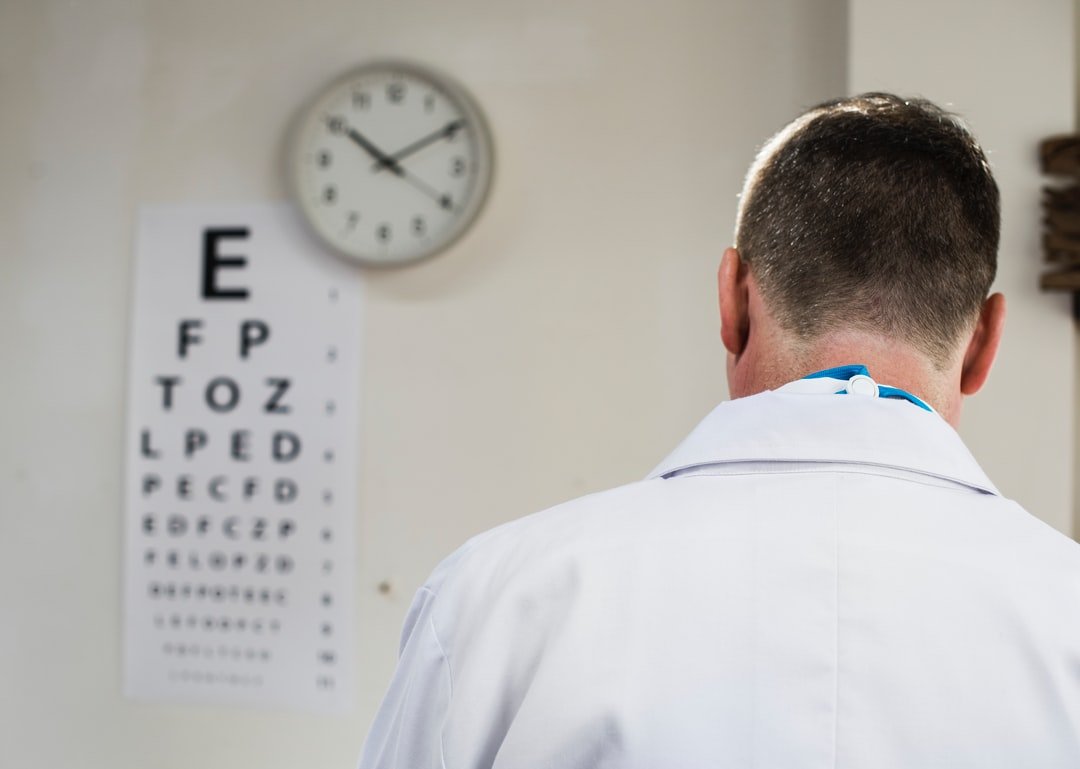The Role of an Optometrist

The eye doctor is a doctor who provides treatment to vision or eye disorders by using various techniques such as LASIK eye surgery, cataract surgery and optometry. An eye doctor is usually referred to as an ophthalmologist. A qualified eye doctor has a doctorate degree in vision care and is board certified. DescriptionThe term 'eye doctor' is used to describe any health care worker involved with eye health, from a practitioner with just a few post-graduate years of college to practitioners who have a Ph.D. level of study. In the United States, eye doctors are required to take a specific minimum educational requirement in order to practice medicine. This is because eye diseases are common and vision problems are always relative to the patient's particular situation. Eye doctors who are employed in schools cannot generally practice medicine without further advanced training. Read this post: https://www.wordreference.com/definition/eye%20doctor. General Facts An eye doctor generally makes a complete physical exam on the patient and performs several tests to evaluate the patient's vision problems and any other medical conditions. This exam is known as the eye examination. This exam is sometimes part of a routine medical screening that a health care provider may need to do periodically. Some people refer to it as the iris exam. During the exam, the eye doctor can review the patient's medical history, perform a comprehensive eye examination and determine the nature and extent of any eye problems. DiagnoseThe diagnosis of various eye diseases involves a thorough evaluation of the patient's medical history. This medical history is reviewed in detail, including details about the patient's lifestyle, any medications that he or she is taking and any previous eye problems or infections. Details about the types of diseases and symptoms that a patient may have are also reviewed. Based on this information, the eye doctor can diagnose a particular disease and develop an appropriate treatment plan for the patient. In some cases, the optometrist is also asked to make a referral to another specialist, such as an eye surgeon, to treat additional problems. You may click here for more details. Treatment The treatment plan developed by the optometrist usually includes prescribing glasses or contact lenses to correct problems with myopia (nearsightedness), hypermetropia (farsightedness) or astigmatism. Sometimes, the optometrist also prescribes corrective eye surgery for refractive surgeries or cataract surgery. He or she can also provide preventive eye care services to detect signs of eye problems, provide educational information about vision care and refer their patients to appropriate specialists when necessary. Optometrists can provide various types of eye exams and can perform different kinds of examinations, such as computerized eye examinations (CEE). Computerized eye examinations are less invasive than a manual eye examination and can provide immediate results. Educationuate obtain a license to practice medicine and surgery. And then embark on a career as an optometrist in order to help people with eye problems and improve their eyesight. Optometrists are doctors who specialize in the field of eye care. They receive a bachelor's degree from an accredited medical school, pass an eye exam and then pursue a doctorate program here that focuses on the field of vision care.
